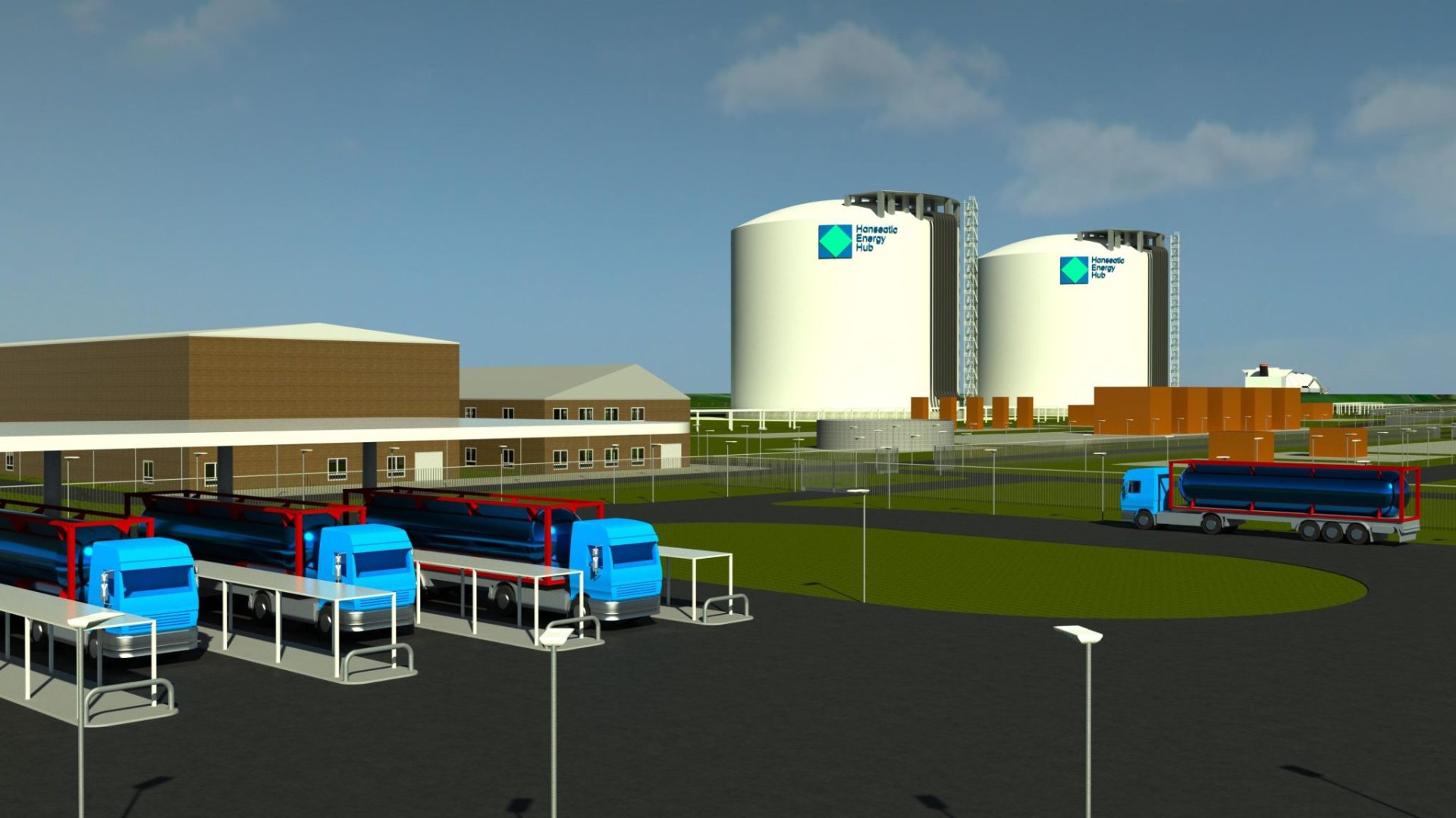Germany’s Federal Network Agency has exempted Hanseatic Energy Hub’s planned Stade LNG terminal from tariff and network access regulation for 25 years.
The exemption from Bundesnetzagentur (BNetzA) applies to an annual throughput capacity of 13.3 billion cubic meters of natural gas, HEH said in a statement on Thursday.
In the course of the review, the regulator did not identify any adverse effects on competition, it said.
In addition, the regulator affirmed that the LNG terminals “strengthens security of supply and competition in Germany and Europe by increasing flexibility in gas supply through the variety of transport routes to a wide range of gas sources worldwide,” HEH said.
The agency granted the exemption in accordance with Section 28a of the German Energy Industry Act (EnWG) at the request of HEH, subject to review by the European Commission.
Johann Killinger, HEH’s managing director and co-shareholder, said the exemption from regulation “gives our customers additional regulatory planning security,” adding that Stade would become an energy hub for Germany and Europe.
In the weeks before, the German regulator had already taken into account the significant increase in LNG demand in Germany and reduced the feed-in tariffs for LNG terminals by 40 percent.
This significantly increased the competitiveness of direct access to the single German gas marketplace THE, HEH said.
Binding open season
Earlier this month, HEH invited international market participants to submit binding capacity bids for the facility.
Interested parties can register until July 15 to submit binding booking requests by July 29, HEH said.
The total capacity of the terminal is 13.3 bcm per year with a sendout capacity of 21.7 GWh/h.
This corresponds to about 15 percent of Germany’s gas demand, according to HEH.
For long-term marketing, HEH offered 12 bcm per year.

